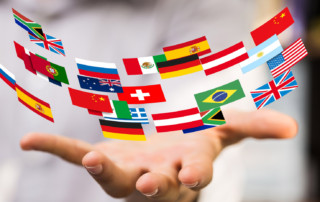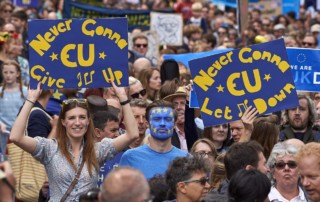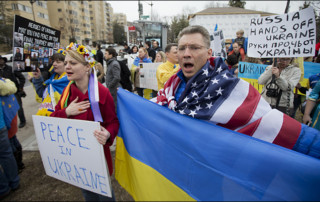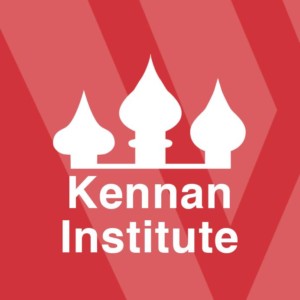We’ve heard more than usual about nuclear weapons, both in the campaign and from Russia. The UN has decided to consider a ban on nuclear weapons, like the bans on chemical and biological weapons. Who’s got nuclear weapons and where? We’ll look at the issues and where things may go. Our panelists welcome your questions.
Dr. James Doyle – Nuclear Nonproliferation Specialist:
From 1997 to July 2014 Dr. Doyle was a specialist in the Nuclear Nonproliferation Division at Los Alamos National Laboratory. His professional focus is on systems analysis, strategic planning and policy development. Dr. Doyle holds a PhD in International Security Studies from the University of Virginia. At Los Alamos he managed projects with Russia’s nuclear weapons institutes on the joint development of technologies and procedures for verifying the dismantlement and storage of nuclear warheads and fissile materials. In 2015 Dr. Doyle was awarded the first Paul Olum fellowship from the Ploughshares Fund and was a non-resident fellow at the Belfer Center for Science and International Security at Harvard. His recent works focus on nuclear forces modernization, innovation in the field of nuclear threats and strategic planning for the elimination of nuclear weapons.
Cheryl Rofer – Former President of the Los Alamos Committee on Arms Control and International Security:
Cheryl Rofer retired more than a decade ago, after 35 years as a chemist at the Los Alamos National Laboratory. Her work included environmental projects in Estonia and Kazakhstan, managing cleanups at Los Alamos, and projects in fossil fuels, laser development, and the nuclear fuel cycle. She now blogs at Nuclear Diner and contributes posts and op-eds to other web newspapers and magazines, including the Globe and Mail, War On The Rocks, and Physics Today. She was a member of the Board of Trustees of Ripon College (Ripon, Wisconsin), past president of the Los Alamos Committee on Arms Control and International Security, and a founding member of SFWAF. She has published in scientific and political science journals and edited a book. She holds an A.B. from Ripon College and an M.S. from the University of California at Berkeley. She has been following the progress of the negotiations with Iran closely and has tweeted extensive commentary (@CherylRofer).
Jesse Guillen – Founder of Global Zero – Santa Fe Chapter:
As the Global Zero representative in northern New Mexico, Jesse has lobbied at the UN and on Capitol Hill in support of the Iran Deal and for reductions in nuclear weapons spending. He earned a Masters degree in International Relations from the University of Kent – Brussels School of International Studies, and spent six months in Beijing, China at the China Foreign Affairs University. His Bachelors degree is in Political Science and he has worked for Senator Jeff Bingaman and Governor Bill Richardson. Jesse is currently the Legislative Liaison for the city of Santa Fe where he is responsible for drafting legislation for the Mayor and City Councillors.
Arvid Lundy – Moderator, Nuclear Export Controls Specialist, and SFWAF Vice President:
Arvid has extensive experience in nuclear export controls, nuclear proliferation intelligence, electronic instrumentation design, and clinical medical physics. Arvid spent thirty one years at Los Alamos National Laboratory as project engineer, group leader, and program manager. His career included over 100 foreign trips for the US government on nuclear issues, especially international nuclear export control.
This program will be in the Santa Fe Community College Board Room (room #223).
(more…)
 Steve is a lawyer and leading expert on international trade transactions, trade facilitation and the legal foundation for international trade. He is a graduate of the University of Pennsylvania and holds graduate degrees from the University of Maryland (J.D., with honors) and Georgetown University (LL.M, international law). He lives in Ashburn, Virginia.
Steve is a lawyer and leading expert on international trade transactions, trade facilitation and the legal foundation for international trade. He is a graduate of the University of Pennsylvania and holds graduate degrees from the University of Maryland (J.D., with honors) and Georgetown University (LL.M, international law). He lives in Ashburn, Virginia.








